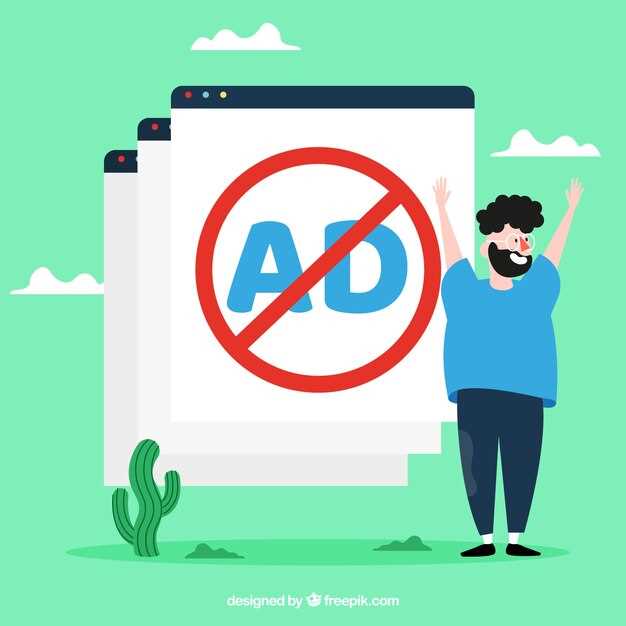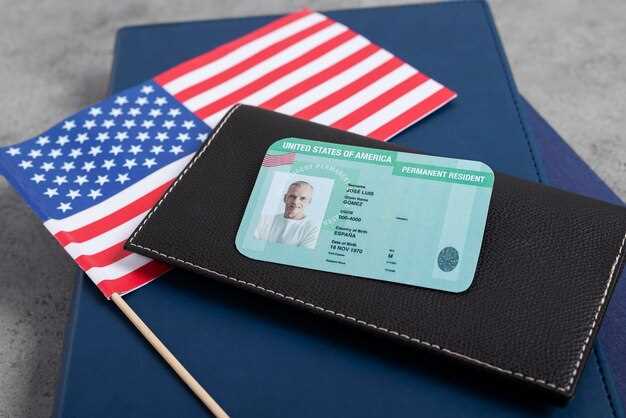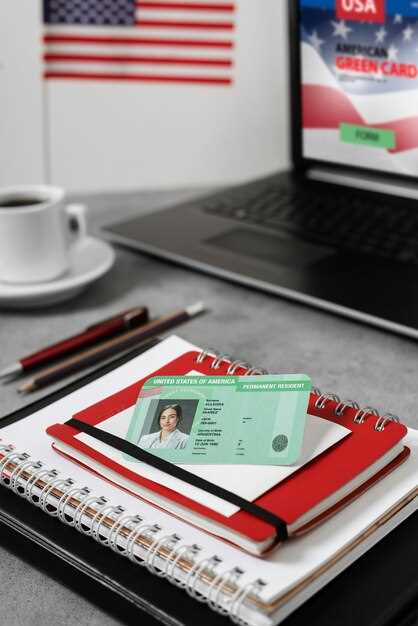
Every vehicle owner dreams of personalizing their ride, and custom license plates offer a unique way to express individuality. However, the process of obtaining these plates can be fraught with challenges, particularly due to the various reasons why the Department of Motor Vehicles (DMV) might reject a custom request. Understanding these rejections is essential for anyone looking to adorn their vehicle with a personalized plate that reflects their personality or interests.
The DMV employs a set of guidelines and regulations to ensure that custom license plates maintain a standard of appropriateness and are free from ambiguity. Factors such as content guidelines, letter and number combinations, and potential offensive implications heavily influence the approval process. Rejections can stem from various issues, including failing to comply with character limits, using prohibited words, or creating combinations that could confuse law enforcement.
Moreover, navigating the intricate rules around custom license plates requires a comprehensive understanding of both state-specific regulations and broader guidelines that govern the approval process. By gaining insight into common reasons for rejection, applicants can better formulate their requests and enhance their chances of approval. This article aims to provide clarity on these rejection criteria, ensuring that prospective plate owners are well-informed before submitting their custom license plate applications.
Common Reasons for DMV Denials of Personalized Plates

When applying for personalized license plates, many applicants are surprised to find their requests denied by the DMV. Understanding the common reasons for these rejections can help individuals create acceptable and creative plate ideas. Here are some of the frequent causes of denial:
Inappropriate Language or Content: The DMV strictly prohibits any combinations of letters and numbers that could be deemed offensive, obscene, or vulgar. This includes explicit language, hate speech, or any references to illegal activities. Plates containing such content are automatically rejected to maintain public decency.
Confusion or Ambiguity: If a plate combination has the potential to confuse other drivers or seems ambiguous, the DMV may deny the request. This includes combinations that resemble existing license plates or could easily be misread. For example, a plate that looks like a numerical code could be seen as problematic.
Duplication of Existing Plates: Personalized plates must be unique. If someone else has already registered a similar combination, your application will be declined. This involves not only exact matches but also variations that are too close in appearance or meaning.
Cultural Sensitivity: Combinations that may be offensive or disrespectful to particular cultural groups are also likely to face denial. The DMV considers the potential impact of certain words or symbols that could be interpreted as insensitive, ensuring that the plates reflect respect for all communities.
Lack of Clear Meaning: The DMV tends to favor plates that have a clear and understandable meaning. Combinations that are overly cryptic or do not convey a recognizable message may not pass the approval process. Applications should aim for clarity in their intended message.
Legal Concerns: Plates that imply authority or government affiliation, such as those that resemble law enforcement or official insignia, will be denied. The DMV aims to prevent any potential misuse of license plates that could mislead the public.
By being aware of these common reasons for denial, applicants can enhance their chances of obtaining the personalized plate of their choice. Crafting a creative, respectful, and clear plate combination is key to a successful application.
How to Appeal a DMV Rejection for Your Custom License Plate

If your request for a custom license plate has been rejected by the Department of Motor Vehicles (DMV), you still have the option to appeal the decision. Understanding the appeals process can increase your chances of successfully obtaining the plate you desire. Here are the steps to follow when appealing a DMV rejection:
- Review the Rejection Notice
Examine the notification you received from the DMV to understand the specific reasons for the rejection. Common reasons include:
- Inappropriate language or offensive content
- Confusion with existing plates
- Violation of state regulations or guidelines
- Research DMV Policies
Familiarize yourself with your state’s DMV policies regarding custom license plates. Each state has its guidelines that outline acceptable and unacceptable messaging for license plates. This information can often be found on the DMV’s official website.
- Prepare Your Appeal
Craft a compelling appeal letter addressing the reasons for rejection. Include:
- Your name and contact information
- The rejected license plate combination
- The rejection reason as stated by the DMV
- Your arguments supporting the acceptance of your plate
- Submit the Appeal
Follow the guidelines provided by the DMV for submitting an appeal. This may include:
- Sending your appeal via mail or email
- Filling out a specific form if required
- Paying any associated fees
- Follow Up
After submitting your appeal, keep track of the process by following up with the DMV. Make sure to record any confirmation numbers or details about your submission.
- Consider Alternative Options
If your appeal is not successful, view it as an opportunity to rebrand your chosen plate. Brainstorm new combinations that adhere to the DMV’s guidelines and do not evoke reasons for rejection.
By thoroughly understanding the appeals process and presenting a strong case, you can improve your chances of getting your custom license plate approved by the DMV.
Tips for Choosing Acceptable Custom License Plate Text
When selecting a custom license plate text, clarity and creativity are essential. Start by considering what message or theme you wish to convey. Opt for words or abbreviations that reflect your interests, personality, or a significant life event. However, ensure that it remains comprehensible and doesn’t require excessive interpretation.
Avoid using profanity, offensive language, or any phrases that can be perceived as derogatory. Different states have specific guidelines on what constitutes inappropriate content, and violating these can lead to outright rejection of your application. Stay within the bounds of acceptable language and sentiment.
Consider using alphanumeric combinations to enhance creativity while fitting within character limits. Many states allow up to seven characters, so use them wisely. Combining numbers and letters can help you convey a message succinctly, but ensure that the meaning is clear and recognizable.
Check for already existing plates to avoid duplications. Each DMV maintains a database of issued custom plates, and selecting a unique combination helps you avoid rejection. A quick online search at your local DMV can easily confirm availability.
Lastly, think about future implications. Choose a plate that you will be comfortable displaying long-term. Avoid trends or phrases that may lose relevance over time. Think whether the selected text represents an enduring aspect of your identity or interest to ensure lasting satisfaction with your custom plate.
